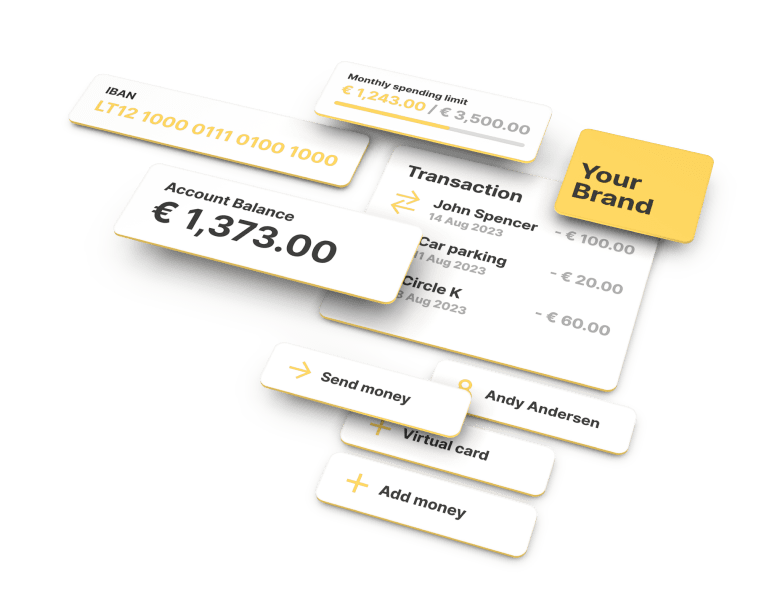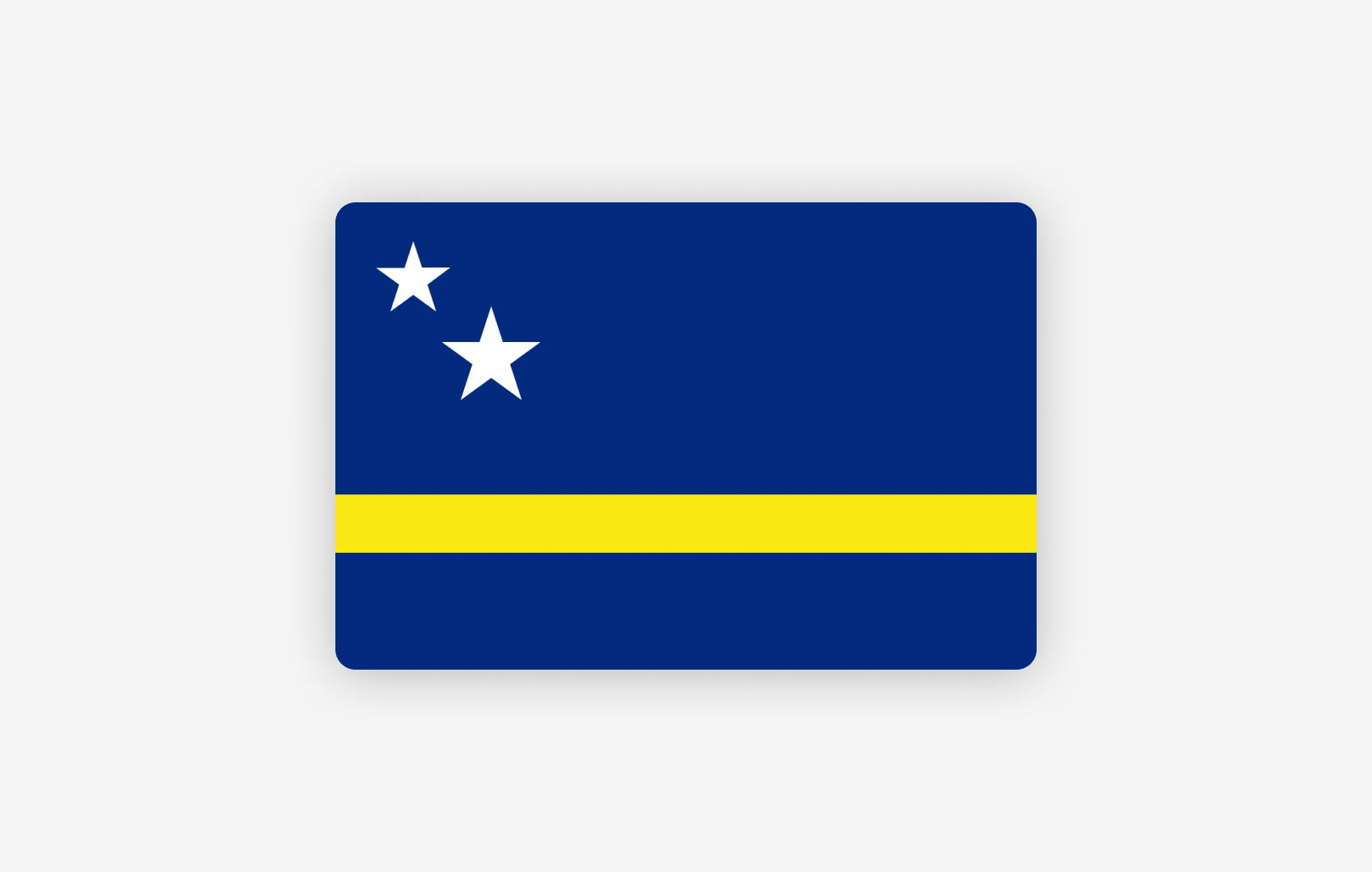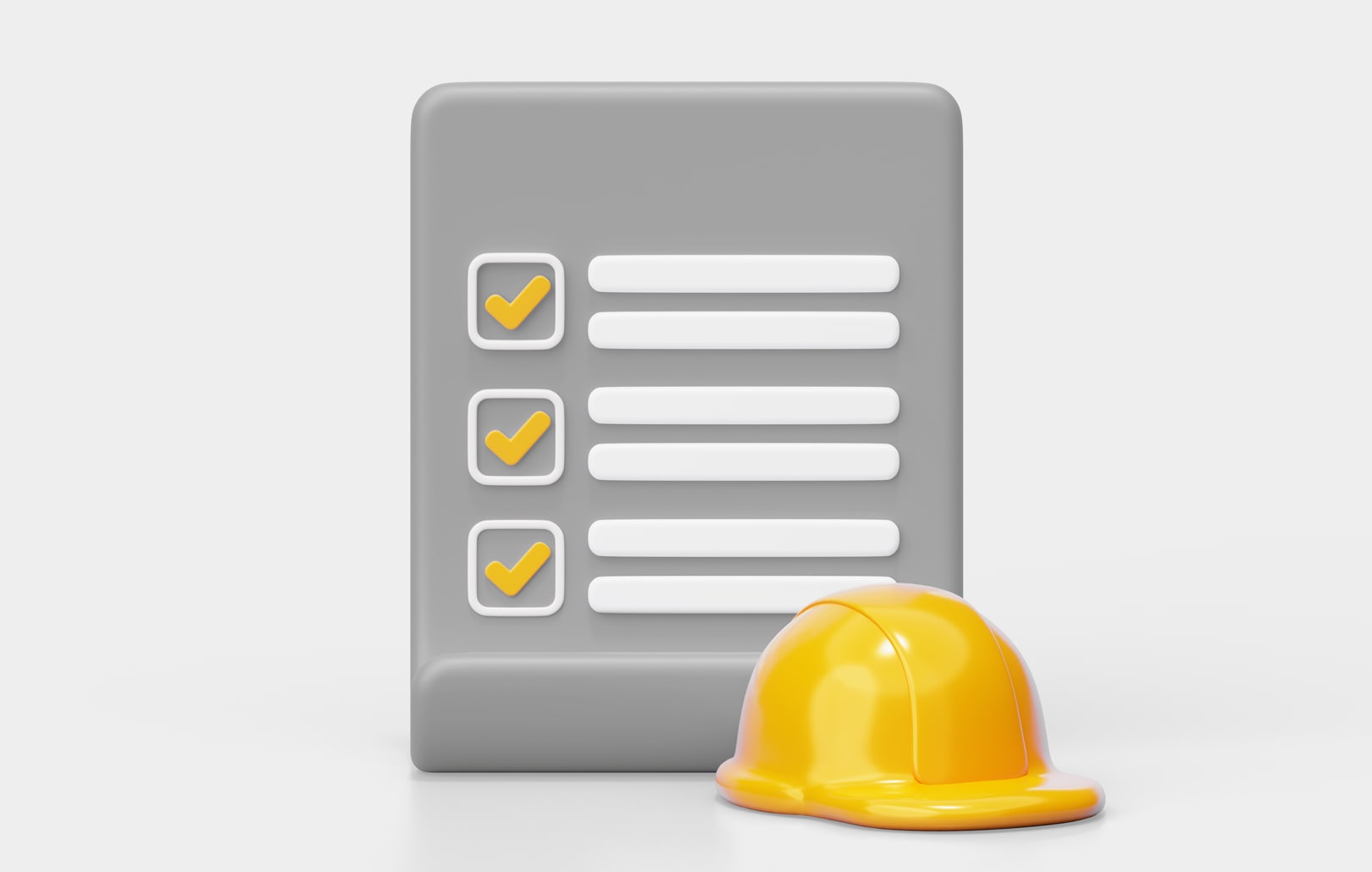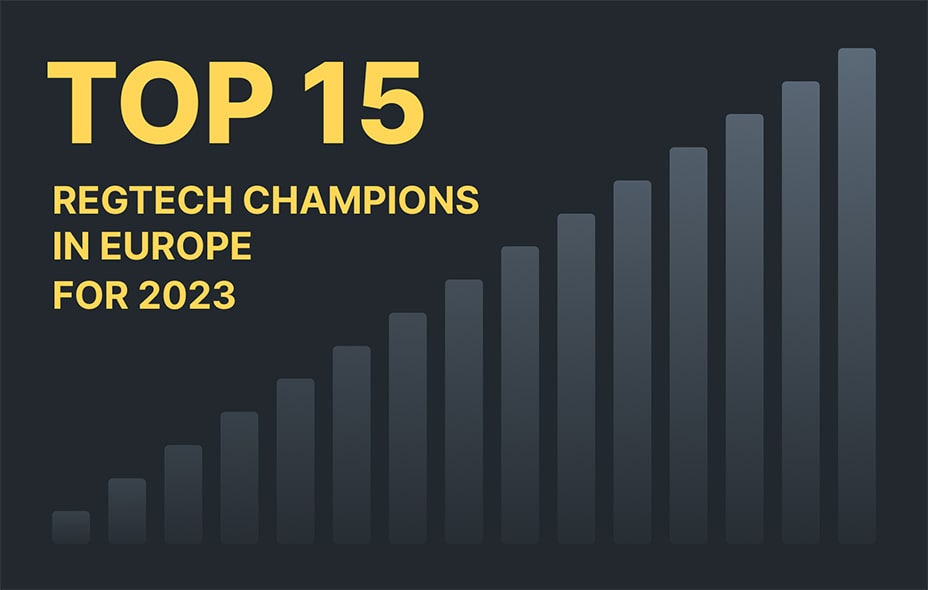Unveiling the Potential of RaaS in 2023

Unveiling the Power of RegTech as a Service (RaaS)
In the fast-paced world of fintech, where innovation is the norm, the regulatory compliance approach is undergoing a profound transformation. RegTech as a Service (RaaS)is a game-changing concept that promises to revolutionize how businesses navigate the intricate landscape of regulatory requirements. In this article, we’ll uncover the essence of RaaS, explore its manifold benefits, and shed light on its potential to reshape the future of compliance.
What is RaaS?
RaaS stands for “RegTech as a Service” and is a strategic sibling to fintech, albeit with a distinct focus. While FinTech addresses financial tasks, RaaS solves financial challenges and acts as a specialized solution to deal with the complex web of rules and regulations that businesses face.
Visualize RaaS as your digital assistant, equipped with advanced tools and analytics. It’s like having an experienced team of professionals at your disposal ready to help when regulatory protocols need to be met. However, RaaS goes beyond simple compliance by harmonizing business operations.
For many companies, it is becoming the leading light in the confusing realm of regulations. RaaS not only eases the burden of compliance but also increases operational efficiency, allowing your business to focus on its core competencies. At its essence, RaaS is a technology solution that helps companies navigate the regulatory landscape, ensuring compliance and optimizing business processes.
Empowering Compliance through RegTech and RaaS: Unveiling the Advantages
The primary thrust of RaaS revolves around granting businesses access to cutting-edge RegTech tools and services without the need for intensive investment in building their proprietary compliance infrastructure. With RaaS, businesses can harness a range of advantages facilitated by third-party providers, including:
- Cost-Efficiency: RaaS offers a route to sidestep the substantial expenses tied to creating and maintaining an autonomous regulatory compliance framework. This encompasses costs related to dedicated personnel and IT resources.
- Time Efficiency: RaaS effectively minimizes the time and effort necessary to achieve compliance, freeing up valuable resources for businesses to channel towards core operational functions.
- Expertise: RaaS providers specialize in the intricacies of regulatory compliance, often with considerable experience within the financial services sector. By tapping into their expertise, businesses can expedite their learning curve and mitigate the risks tied to non-compliance.
- Adaptability: RaaS doesn’t adhere to a one-size-fits-all approach. Instead, it allows for personalized tailoring to match unique business requirements. This adaptability is a powerful feature, providing access to a suite of tools and services adjusted to suit specific regulatory compliance needs.
- Scalability: One of RaaS’s defining attributes is its scalability. As compliance requirements evolve and transform, RaaS platforms have the innate ability to grow in tandem with the business, ensuring alignment with changing regulatory landscapes.
In essence, RegTech, with RaaS as a pivotal arm, is reshaping the compliance landscape. It infuses technology with regulatory prowess, equipping businesses across sectors to navigate the regulatory maze effectively, driving efficiency, and promoting sustainable growth.
The Most Successful RegTech Examples
In the realm of Regulatory Technology (RegTech), innovation is key to navigating the intricate landscape of compliance. Here’s a glimpse into some standout RegTech pioneers:
- Alyne – Pioneering Proactive Compliance and Security: Alyne, a RegTech frontrunner, zeroes in on risk management and cybersecurity. Their platform serves as a robust toolkit, enabling organizations to gauge, evaluate, and report on diverse facets of regulatory compliance and risk management. By simplifying these convoluted processes, Alyne empowers businesses to stay ahead of compliance challenges while enhancing their overall security posture.
- Compliance.ai – AI-Driven Regulatory Insight: Enter Compliance.ai, armed with an AI-powered platform that automates the monitoring and analysis of regulatory shifts. This solution equips organizations with real-time updates tailored to their industry, allowing for precise alerts. Additionally, compliance teams gain access to meticulously curated regulatory content, freeing them from the clutches of manual research and enabling more strategic endeavors.
- Jumio – Elevated Identity Verification: Jumio enters the RegTech arena with advanced identity verification and authentication services. Utilizing the prowess of AI and biometric technologies, Jumio’s platform champions secure and compliant customer onboarding processes. This not only thwarts fraudulent activities but also elevates user experience by minimizing manual verification procedures.
- ComplyAdvantage and Quantexa – A Leap in Data Analytics: For the financial sector, ComplyAdvantage and Quantexa stand as torchbearers. Armed with cutting-edge data analytics and machine learning algorithms, these solutions dissect vast data volumes to unearth potential compliance risks such as money laundering and fraud. By seamlessly integrating into financial institutions’ operations, these innovations streamline compliance activities and elevate the efficacy of risk management protocols.
In essence, these RegTech trailblazers epitomize the marriage of technology and compliance, redefining how businesses navigate the stringent labyrinth of regulations. Through their distinctive offerings, they illustrate the power of innovation in not only meeting compliance but also pushing the boundaries of operational efficiency and security.
Navigating the Challenges
As with any innovative solution, embracing RegTech as a Service comes with its set of considerations. Let’s delve into these challenges and how to address them effectively:
- Security First: While RaaS promises convenience, it also requires sharing sensitive data with third-party providers. Ensuring stringent data security measures and compliance with privacy regulations is non-negotiable.
- Tailored Approach: RaaS solutions come in standardized packages, which might not perfectly align with your unique compliance needs. Striking the right balance between customization and the advantages of RaaS requires careful consideration.
- Choosing Wisely: Not all RaaS providers are created equal. Selecting the right partner demands diligent evaluation based on their expertise, track record, scalability, data handling practices, and alignment with your business goals.
- Smooth Integration: Integrating RaaS solutions seamlessly with your existing systems can be a technical challenge. A strategic integration plan is essential to prevent disruption during the transition.
Embracing the Future
In an era where disruption is the norm, RegTech-as-a-Service emerges as a beacon of innovation, illuminating the path towards efficient and dynamic compliance. By harnessing the expertise and technology of external providers, businesses can navigate complex regulatory waters with confidence, leaving more room for growth, creativity, and advancement. As RaaS continues to shape the future of compliance. It’s not just a service – it’s a transformative journey towards a new era of regulatory excellence.






